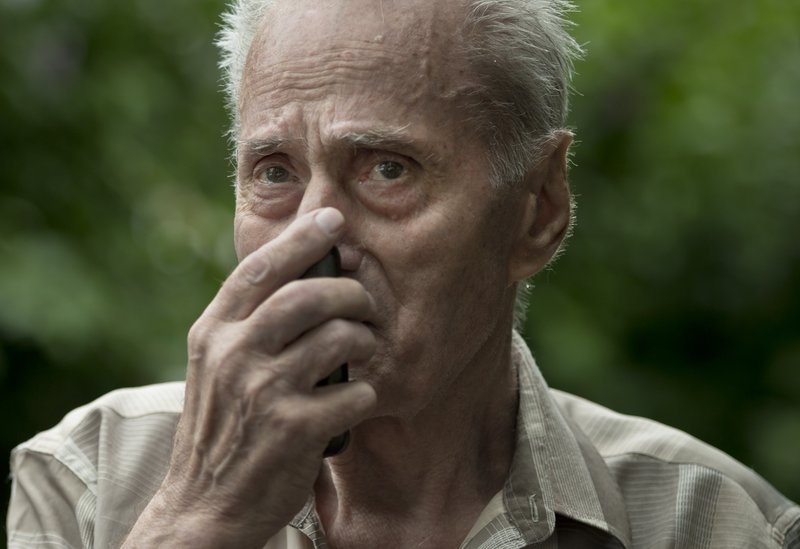BUCHAREST, Romania -- For the first time since communism collapsed in Romania 25 years ago, a former prison commander goes on trial today, charged with being responsible for the torture and murder of prisoners considered a threat to the country's old order.
Survivors say the delay in bringing perpetrators to justice was a cynical tactic by Romania's new rulers, some of whom held senior positions under the communist regime, to avoid accountability.
"These criminals were left in peace on purpose and most died in their beds. Now they are bringing some of the crimes to light, and it is important," said Octav Bjoza, director of the Association of Former Political Prisoners.
Alexandru Visinescu, 88, goes on trial charged with crimes against humanity in connection with deaths that happened under his command at the Ramnicu Sarat prison from 1956 to 1963. Since authorities brought charges against him, Visinescu said, people in the street have shoved him to the ground and called him a criminal. He has pleaded innocent and calls himself a scapegoat.
"I only followed orders. They should ask those that gave the orders," he said. "I am convinced they will do anything to take revenge.
"Why didn't they put me on trial in 1964?" when the political prisons closed "or after [communist leader] Nicolae Ceausescu died? Why now?"
He contests the number of deaths that prosecutors say happened under his command and denies mistreatment happened that led to prisoners' deaths. The word "criminal" is scrawled on the outside wall of the building where he lives in a one-room apartment, full of old photographs of him in uniform and as a young boy.
Former ministers, diplomats, army officers, farmers, priests and workers considered a threat to the communist regime were locked up in prisons from 1948 to 1964. Historians say one-fifth of the 500,000 who were incarcerated died. Bjoza said there were 40,000 political prisoners when communism ended, with only 3,000 alive now.
Former prisoner Valentin Cristea, who was incarcerated in Ramnicu Sarat while Visinescu was commander, communicated by Morse code in the lockup, where prisoners were mainly kept in solitary confinement and banned from communicating.
Cristea, 84, said he learned that the inmate in the neighboring cell, former army officer Jenica Arnautu, had gone on a hunger strike to protest mistreatment and was being force-fed with a tube down his throat. In November 1959, three days after the tapping on the wall stopped, Arnautu, who was 36, died, Cristea said in an interview from his home in Campina, 50 miles north of Bucharest. Visinescu denied knowledge of the case.
Prosecutors claim 14 people died under Visinescu's command and said corpses showed signs of malnutrition, according to doctors who signed the death certificates. They accuse Visinescu of denying medical treatment and postponing the hospitalization of gravely sick prisoners.
"The regime ... did not allow for the minimum survival conditions in the long term," Visinescu's indictment reads. "Prisoners died in a long drawn-out process, that was nonetheless efficient, in which they were tortured physically and mentally," were denied food and were physically punished on the slightest pretext, the indictment says.
A probe ordered by the communist government in 1968 into the prisons concluded the state had installed "a regime to exterminate political prisoners from 1948-1964."
Diplomat Victor Radulescu Pogoneanu, who was serving a 25-year sentence for "plot and treason," died at Ramnicu Sarat after prison guards held his paralyzed legs and dragged him down stairs, banging his head on each step, according to the indictment. Visinescu denied Pogoneanu had been dragged down the stairs.
Bjoza said many prisoners died disappointed that there had been no attempt to punish former prison guards.
"We forgave these people, but there has been no justice, so we feel condemned again."
A Section on 07/14/2014

